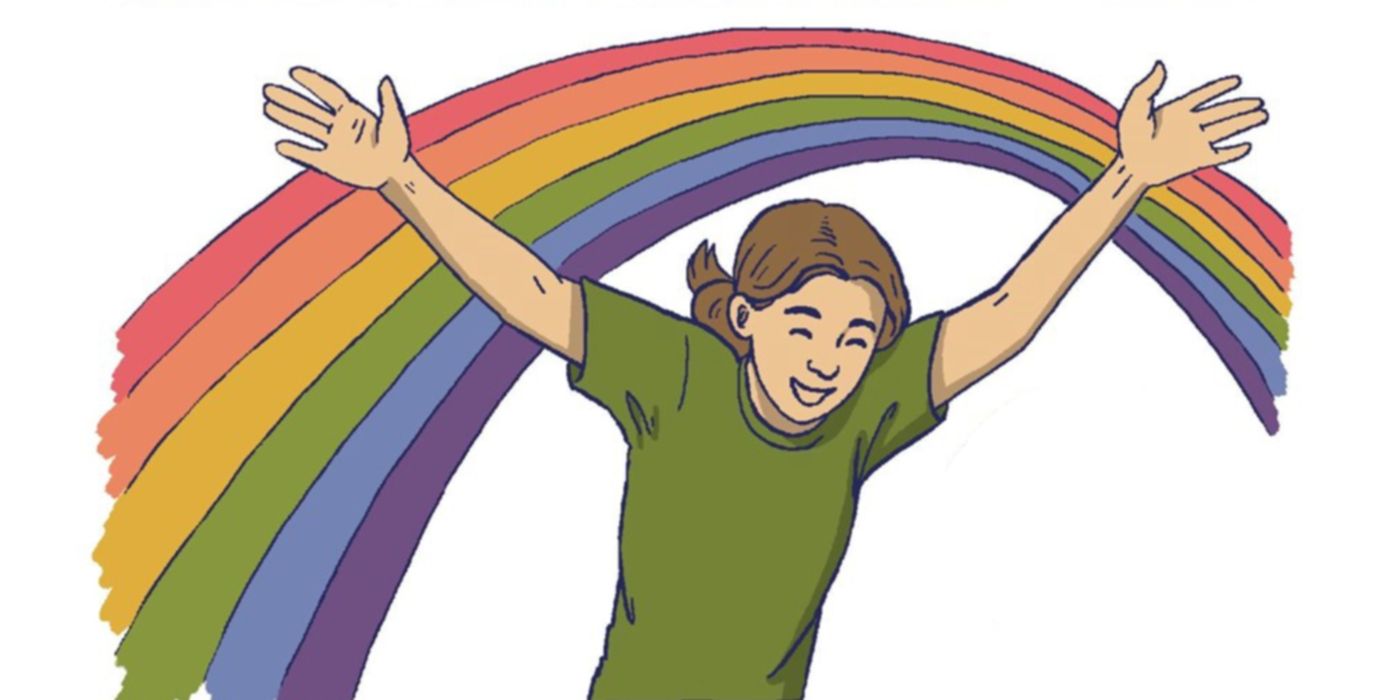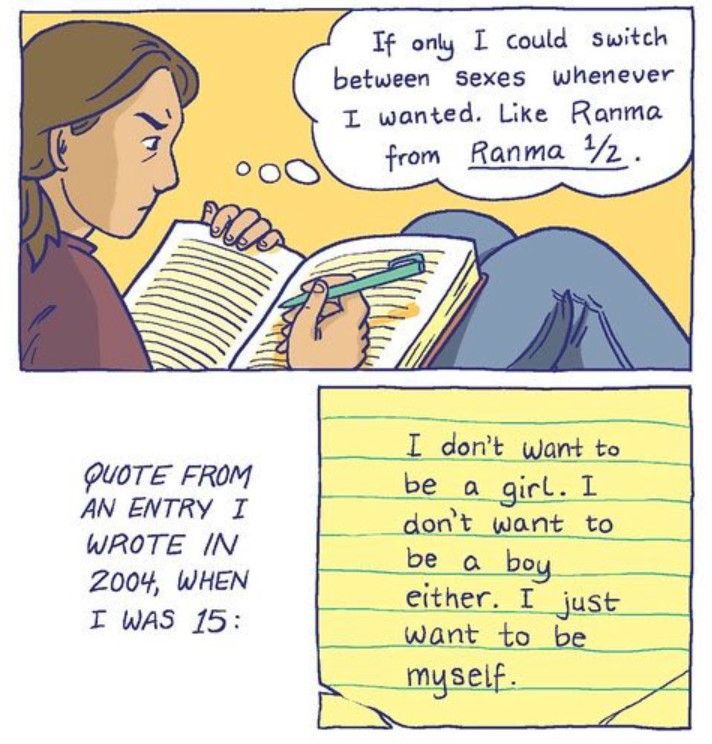A controversy has been brewing in schools across America as the graphic novel Gender Queer: A Memoir has found itself challenged by public officials. Accusing the comic of containing "obscene" material, Gender Queer has been pulled off shelves and even banned for its candid depiction of sex and sexuality. Though the book has its own unique discourse surrounding its subject matter, it's nowhere near the first comic to be deemed controversial over its content.
Written and illustrated by Maia Kobabe, Gender Queer: A Memoir is an autobiography and was published by Lion Forge Comics in 2019. Kobabe, who uses e/em/eir pronouns, is nonbinary and wrote the comic initially as a tool to help others understand what that meant. The book received critical acclaim and would go on to be one of the recipients of the 2020 American Library Association's Alex Awards. But within a year, the graphic novel would receive a very different type of attention.
Trouble for Gender Queer began in September 2021 when the book was first banned in Fairfax County public schools, according to The Washington Post. Since the initial ban, the book has been pulled from school libraries all over the United States, with many objecting to its depiction of sexuality and LGBTQ+ content. Gender Queer centers on Kobabe's journey of self-discovery during eir younger years and detractors have objected to the idea of sexual situations being included in books geared towards younger readers. Kobabe's book caught the eye of South Carolina Governor Henry McMaster, who describes it as "sexually explicit" and "pornographic" and even demanded an investigation into other "obscene" materials in the state's public schools. Maia Kobabe has refuted these claims, arguing that eir book is being misrepresented. Unfortunately, Kobabe is far from the first comic author to have a work challenged
Comics have a long history of being removed, banned, and censored for various reasons. Art Spigelman's Maus has been labeled "anti-ethnic" for its choice to depict races and nationalities as various animals. Alan Moore's Neonomicon was pulled from library shelves over its sexual content. Even books as mainstream as Watchmen or Sandman have found themselves at the epicenters of controversy for one reason or another. While some may object to the frankness of Gender Queer: A Memoir, the graphic novel finds itself in good company with other books that utilize the unique graphic novel format to tell equally unique, bold stories.
Maia Kobabe recognizes the importance eir book has to queer audiences, particularly younger, questioning ones. The backlash Kobabe has received is an unfortunate but all too common occurrence. Despite that, the controversies that surrounded other books in the past did little to diminish them and showed that comics can be an effective tool in starting much-needed conversations. Gender Queer: A Memoir may be the latest controversial comic making headlines, but if history is any indicator, it won't be the last.
Source: The Washington Post


